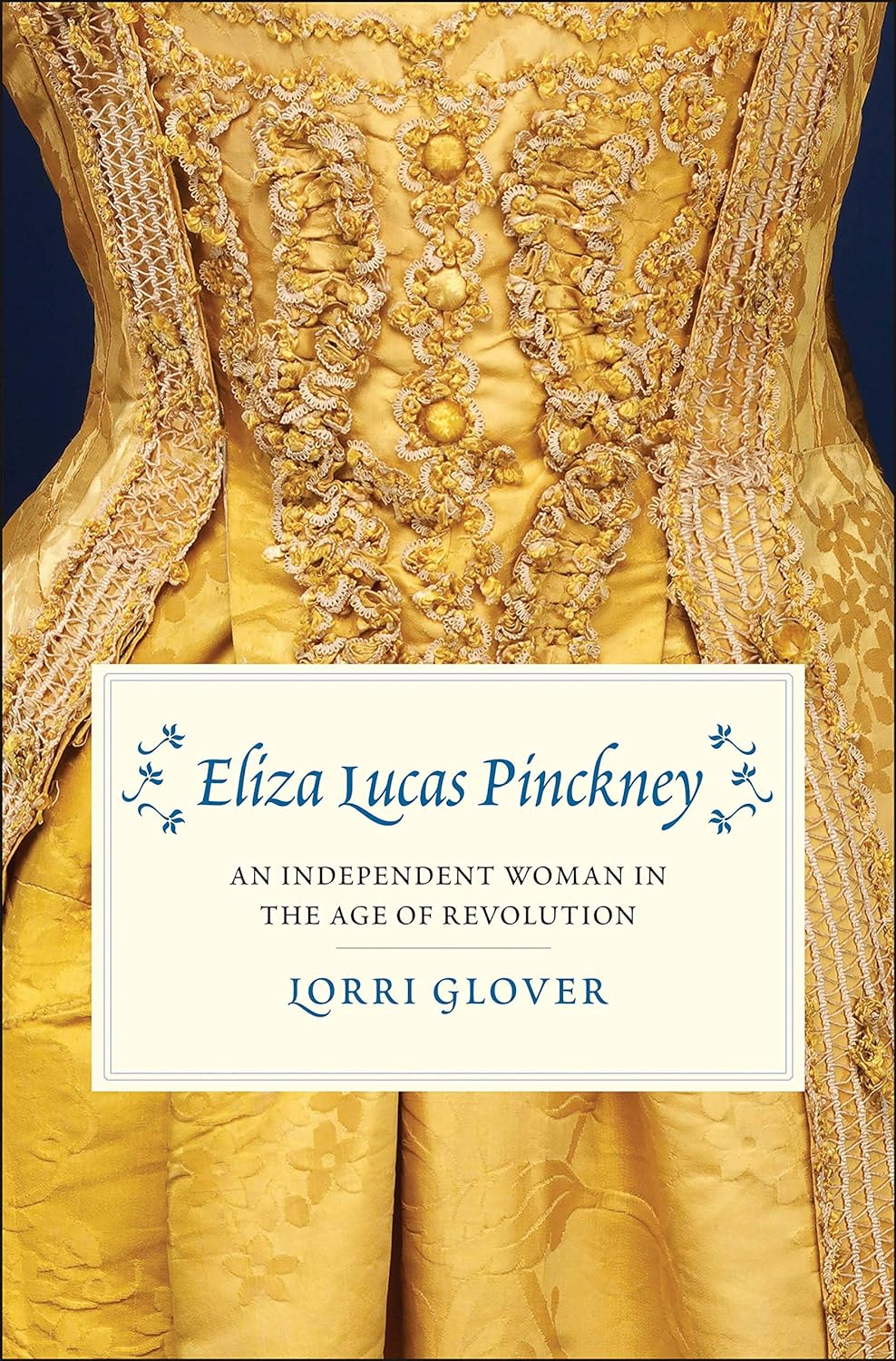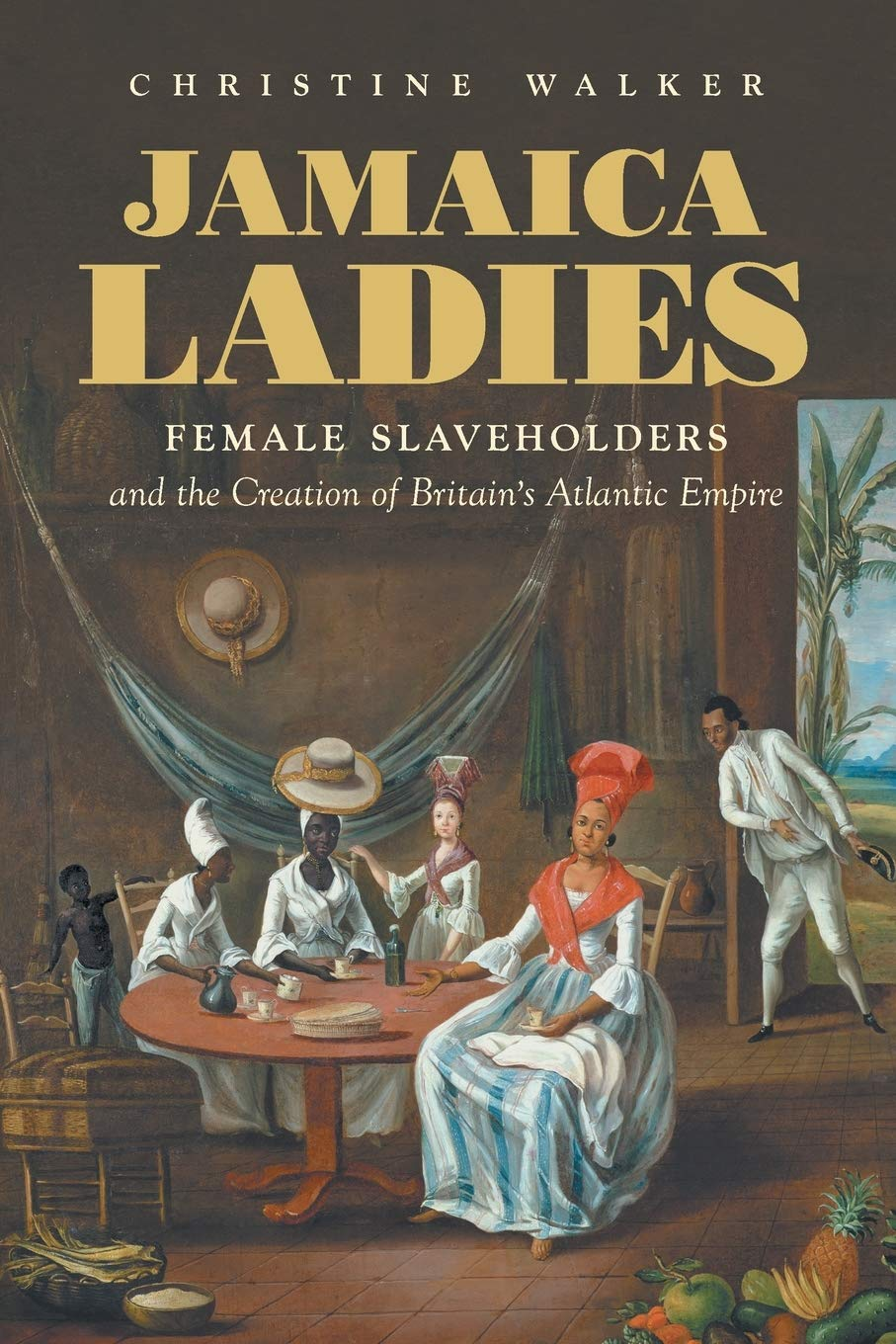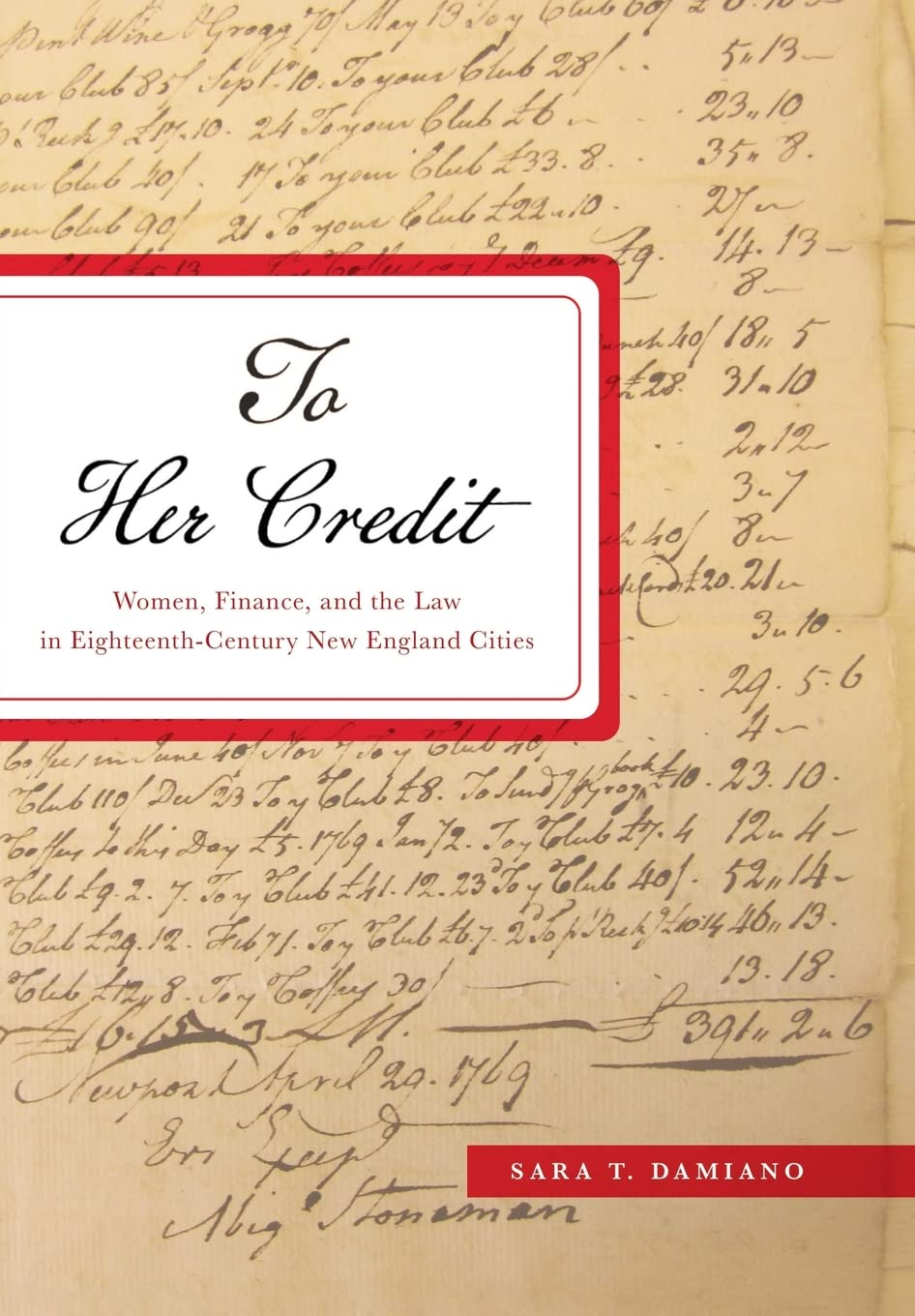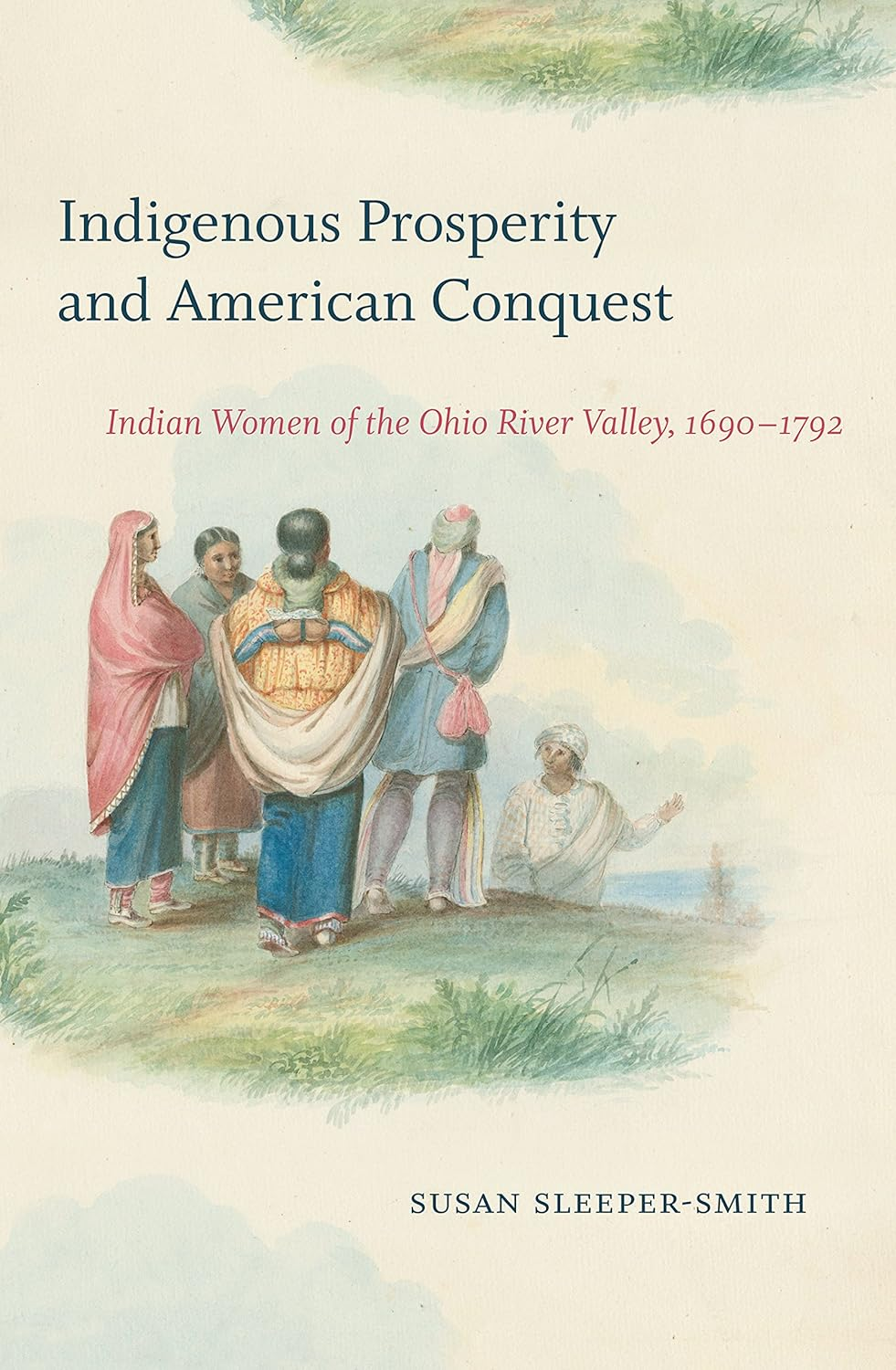Erasure. Historians reverse it, combat it, and with every publication hope they don’t repeat it. Ellen Hartigan-O’Connor, Amy Dru Stanley, and Riv-Ellen Prell have recently shown how to avoid erasure as we rewrite histories of the state and capitalism. Luckily, Susan Sleeper-Smith, Christine Walker, Sara Damiano, and Lorri Glover’s recent monographs advance these aims as innovative studies of eighteenth-century women’s economic might. Indigenous Prosperity and American Conquest, Jamaica Ladies, To Her Credit, and Eliza Lucas Pinckney, respectively, discuss women whose economic labor previous scholarship has either underassessed or entirely disregarded as superficial to men’s labor. Anglo-American economies underwent seismic changes during the eighteenth century. These four books improve our understanding of that change by demonstrating that those women’s economic activities were inextricable and essential for, rather than incidental to, the rise of the American state and British empire in that period.
This essay discusses the authors’ thematic focus on interconnectivity—the relationship between women’s economic, legal, social, political, and cultural work within emergent capitalism and state power—and (in)dependence—the extent to which early American and British imperial state development depended on women’s work advancing their own material conditions, resisting encroachment by the state, and adapting to changing economic, political, and social conditions in daily life. Contrary to popular misconception, coverture and disenfranchisement did not eradicate women’s economic agency. Women’s economic labor was essential to state function, the economic survival and social standing of middling urbanites and landowning elites, and the economic plasticity of communities during recession.
Each book reflects important differences in how eighteenth-century women wielded economic influence from up and down the socioeconomic ladder. Sometimes, women pursued their own economic goals in tandem with state interests. At other times, women defied the state’s ambitious, organized effort to demonize and weaponize their central role as economic powerbrokers. What’s more, other women continuously tapped their own legal and economic resources and circumvented social expectations regardless of larger political changes underway. Nevertheless, women’s economic work linked to and independent of slavery, great power/imperial competition, and an impossible-to-overstate transformation of the natural and material worlds created nothing short of modernity.



